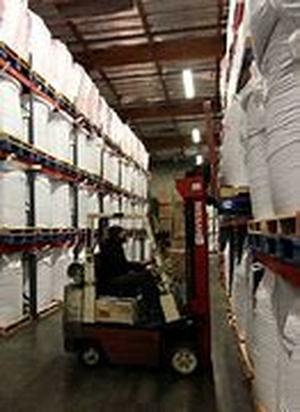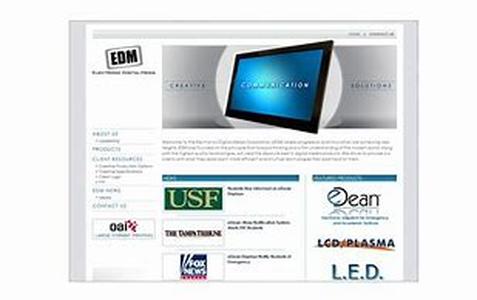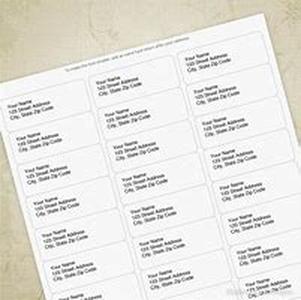
You Might Mistake Them Of Discussing About The Latest Discovery In Planet Mars That You Begin To Feel Alienated. Tons Of Never-heard-before Terms Are Constantly Thrown In The Air As Loads Of Cargoes Are Hauled, While Piles Of Paperwork Are Flying From One Hand To The Other.People In The Shipping Industry Talk In Common Terms, A Language Of Their Own. Ordinary People Find Them Hard To Understand At The First Instance. But Once They Get Used To These Shipping Terms They Become Like Lines Of Their Favorite Song. They Hum Them Even In Their Sleep.Those Who Are Planning To Ship The Latest Toy To Their Favorite Cousins From The Other Parts Of The United States May Be Clueless With The Terms The Shipping Company Staff Is Murmuring From The Other Side Of The Phone. Or For Those Who Are Planning To Order Crates Of Sparkling Wines From France Or Australia For A Big Celebration, There Are Few Shipping Terms That They Need To Know, And Understand The Basics At The Very Least.First In The Line Is Commodity. This Refers To The Item That Is The Object Of Shipment That Has A Commercial Value. It Could Be Anything Under The Sun. A Commodity Could Be As Big As A Yacht And As Small As A Box Of Toys Or Your Favorite Cigarettes. While Waiting In Queue In A Service Counter It Is Most Likely That You Will Hear The Term Freight. Any Commercial Goods That Are Transported On Board A Commercial Shipper Are Called Freight. Your Box Of Imported Leather Shoes Coming From Italy Is Named Such.Other Terms That Existed In The Shipping Realm Are FOB (freight On Board), Consignee, Consignor, Billing. These Few Fundamental Shipping Terms Are Almost Always Mentioned Over The Phone, Face-to-face, Or Online Inquiry. The Knowledge Of These Basic Shipping Terms Helps Anyone To Hasten The Shipping Transaction.Freight On Board Means The Ownership Of The Cargo In Shipment. If The Shipping Contract Stated Freight On Board Origin, The Ownership Of The Cargo Is Passed On To The Buyer That Means From The Port Of Origin The Buyer Of The Goods Has Claim Privilege In Case Of Damage To The Cargoes. If The Freight On Board Destination Was Stipulated In The Agreement The Seller Still Has Ownership Of The Cargoes.Consignee And Consignor Are More Often Then Not Interchangeably Understood. Consignee Is The One Who Will Actually Receive The Cargoes While The Consignor Or The Shipping Company Is The One Tasked To Deliver The Commodity To The Destination.Now That You Have Learned Some Of The Shipping Terms, Dont Be Alarmed If You Are Issued A Billing. This Document Includes All The Information About The Goods You Are Shipping And The Amount You Are Expected To Pay To The Shipper. So, Is That Credit Or Cash?





